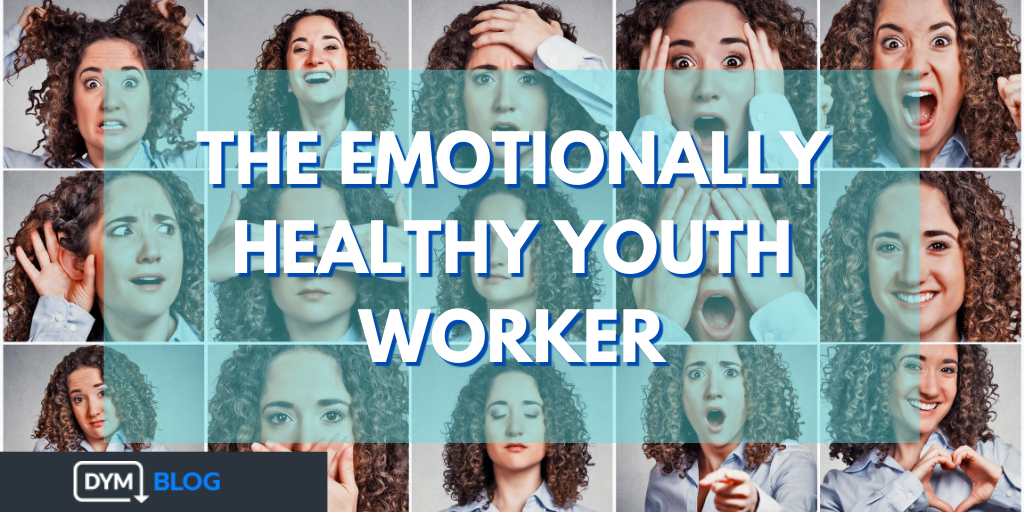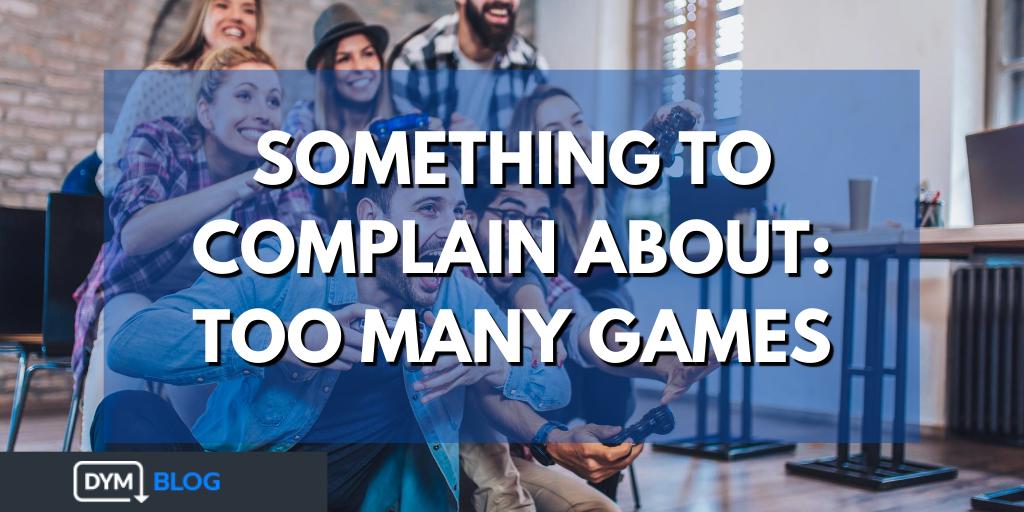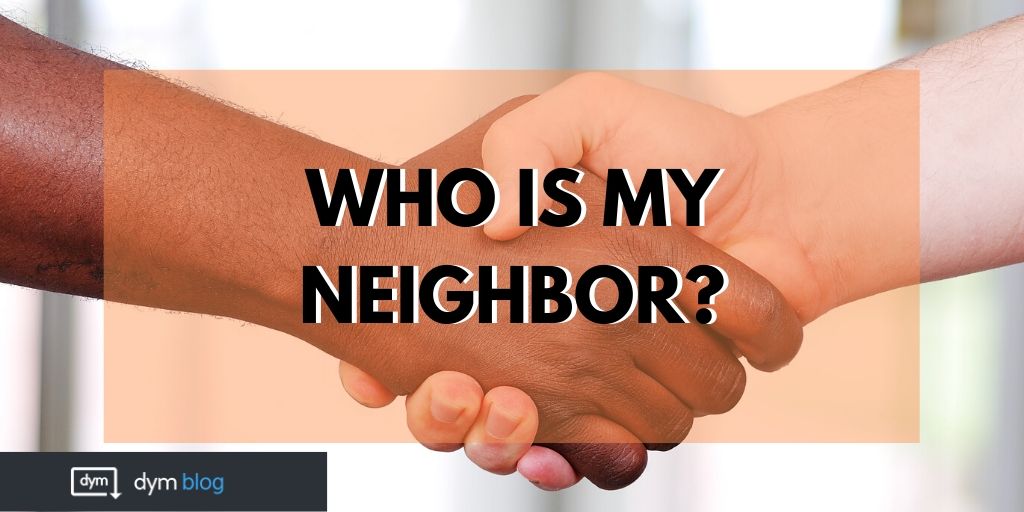Something to Complain About: What event!?

Complaints abound as we are all still trying to figure out what in the world the fall is going to look like with a pandemic still happening around us.
We recently got a lovely response to an anonymous survey that outlined several complaints. We’re taking them point by point and reflecting on them to see if there is any truth to them. But also making sure we’re on top of what we need to be on top of.
Part one was about playing too many games. Part two was about our Bible study not being intellectually stimulating enough. And part three was students not feeling prepared by us to share Jesus with their atheist friends.
And yes, it was a doozy of a parent complaint via an anonymous survey.
They also laid out how they felt out of the loop. Like they didn’t know what was going on when. That’s something EVERY youth pastor has heard before. And here’s how I would normally respond to someone with that complaint.
Are you subscribed to our email list? (following our Instagram, subscribed to youtube, etc)
The main way we communicate is via email. This is the first question I ask parents when they say they don’t know what’s happening. I follow it up quickly with: are you subscribed with an email you ACTUALLY check? Then I pull up my phone to check right there. Sometimes I can see that they received the email and even opened it about the event. There’s a small part of me that feels vindicated showing that off, but I digress.
Sometimes I see that they have unsubscribed from our emails. Cool. That’s on you then.
The point is, ask them if they are in the loop on whatever your MAIN way of communicating is. Now we still put info up on social media and the church website and bulletin and skywriting, but I want to make sure that parent knows where the most reliable source of information is going to be.
And then make sure they are getting it!
What do you need us to do better?
I don’t ENJOY asking this question, because you’ve already heard a complaint from this parent. Why invite more? Well, sometimes you NEED to hear what they’re saying! A parent once told me early on that they needed way more time than one month to see if their student could go on an overnight trip. They had other family members to arrange for, a split house to check on, school calendar to get a hold of, etc.
I needed to know that I had to communicate further in advance than I was at the moment.
Maybe you need to condense your info to bullet points. Maybe you need to drop the cool graphics and get right to the point. Whatever it may be, ask to see if there is a BETTER way for you to communicate and then see if you can adjust.
Who else do you think this is affecting?
It’s usually not just one parent out of the loop. And parents who are out of the loop tend to find one another and talk about how out of the loop they are.
Well, ask and see if this parent has heard about any others who feel like they aren’t getting the information that they need and then follow up!
Parent Tip
Don’t force it! You may LOVE tik tok. But that’s not where your parents are going to get their information. If you can’t get the majority of your parents to check twitter for updates, then switch to whatever form the majority of your parents check.
Do what you need on the other platforms like the website and the bulletin, but go with what parents tell you they use most.
Even if it’s not the one you love the most.
How do you try to communicate to parents?



 Jason Wilkinson lives with his wife and two kids in Portland, Oregon. After 18+ years of leading in various student ministry roles, Jason recently transitioned into the profession of mental health therapy where he runs Wellspace Counseling, a private counseling practice in Tualatin. You can read more about Jason at
Jason Wilkinson lives with his wife and two kids in Portland, Oregon. After 18+ years of leading in various student ministry roles, Jason recently transitioned into the profession of mental health therapy where he runs Wellspace Counseling, a private counseling practice in Tualatin. You can read more about Jason at 


 DJ Butcher
DJ Butcher
 Michelle is a Middle School Director in Boise, Idaho where she and her husband spend way too much money on coffee and rent. She possesses the ability to kill every plant that comes into her home.
Michelle is a Middle School Director in Boise, Idaho where she and her husband spend way too much money on coffee and rent. She possesses the ability to kill every plant that comes into her home.

 Mignonette “Mimi” Bailey is the proud cheerleader of her husband, Karim and three children. She enjoys serving in local and global outreach, and has served in youth ministry for over a decade, both as a volunteer and a full-time youth pastor. As an ordained minister, Mignonette enjoys equipping the body of Christ for effective ministry. She is a Regent University graduate and when she isn’t changing diapers or drinking coffee, enjoys gardening and being an actor and entrepreneur. She calls Los Angeles, California home.
Mignonette “Mimi” Bailey is the proud cheerleader of her husband, Karim and three children. She enjoys serving in local and global outreach, and has served in youth ministry for over a decade, both as a volunteer and a full-time youth pastor. As an ordained minister, Mignonette enjoys equipping the body of Christ for effective ministry. She is a Regent University graduate and when she isn’t changing diapers or drinking coffee, enjoys gardening and being an actor and entrepreneur. She calls Los Angeles, California home.